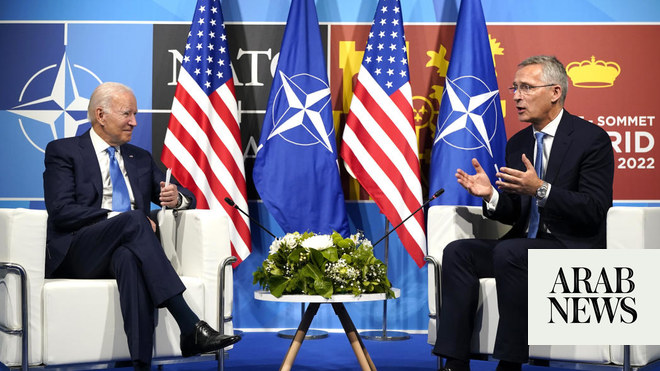
Lady Scotland, the controversial Commonwealth secretary general, will remain in post until next year, despite Downing Street sowing doubts about her future.
Following reports that Boris Johnson had used his role as chair of the Commonwealth organisation to prevent Scotland’s reappointment, she has been given a formal written contract to remain in post at least until the next Commonwealth heads of government summit, which is likely to take place in mid-2021 in Rwanda.
Scotland has been under fire from Downing Street for alleged profligacy and internal audits which revealed some contracts had been offered outside the normal competitive tendering process.
Her first four-year term was due to expire this week, but before a virtual meeting of Commonwealth heads that she had convened for Wednesday, the UK government sent her a letter extending her role until the summit.
The secretariat said: “The usual reappointment process for Commonwealth secretary generals occurs when leaders gather for the Commonwealth heads of government meeting, therefore the chair in office has proposed that, as is customary, the reappointment process will now take place when CHOGM is able to meet.’’ Scotland’s allies claim the majority of nations want her to be reappointed.
Scotland, a Labour peer, had called the virtual meeting to discuss the effects of coronavirus on the Commonwealth, including the impact of escalating debt problems and the need for relief.
The UK government had challenged the calling of the three-hour summit, saying it had been convened at short notice and without any clear purpose.
Scotland’s allies pointed out that most other comparable multilateral organisations had been convened on an emergency basis to respond to the coronavirus crisis, and the proposed meeting had first been suggested in April.
Citing the short notice and lack of consultation, the UK government did not dispatch a minister to the meeting, but instead sent Philip Parham, its Commonwealth envoy. Some sources claimed many other countries did not send senior representatives in a sign of disapproval, but the Commonwealth secretariat said it had “received significant support for such a meeting from a majority of Commonwealth member states”. It said 45 countries, or 80% of Commonwealth states, had sent government representatives.
Boris Johnson said earlier this month that there was no consensus within the 54-nation Commonwealth for Scotland to be given a second term, and despite the calls from some nations for her to be reappointed for another four years she remains on a form of probation.
The process of countries expressing views about Scotland’s future is not fully transparent.
Scotland’s supporters recognise that the Commonwealth operates best through consensus, but argued that if this requirement was pushed to its extreme, a small group of countries could, in effect, operate a veto both over calling meetings and the appointment of the secretary general.
UK officials deny that the nucleus of opposition to Scotland is coming from the Anglosphere nations, but it is true that she enjoys strong support from the Caribbean nations and smaller states.
Scotland was attorney general under Gordon Brown, and the timing of the UK’s objections are said to be linked to her politics and whether they will stand in the way as the government forges ahead with setting up a new Foreign, Commonwealth and Development Office.
The “global Britain” agenda is likely to give a central role to the Commonwealth, and if Downing Street is determined to oust Scotland, Britain will have to organise support for an alternative candidate before next year’s summit. The UK regards the Commonwealth as an asset. Buckingham Palace will be watching the row with concern.
Speaking on Wednesday at the launch of his book The Great Imperial Hangover, Samir Puri, a lecturer at King’s College’s war studies department, said the Commonwealth, with its common legal and parliamentary assumptions, still had a remarkable ability to convene professional networks and leverage power. He said the eventual death of the Queen might act as a seismic shock to the Commonwealth and require a re-examination of the UK’s role.









